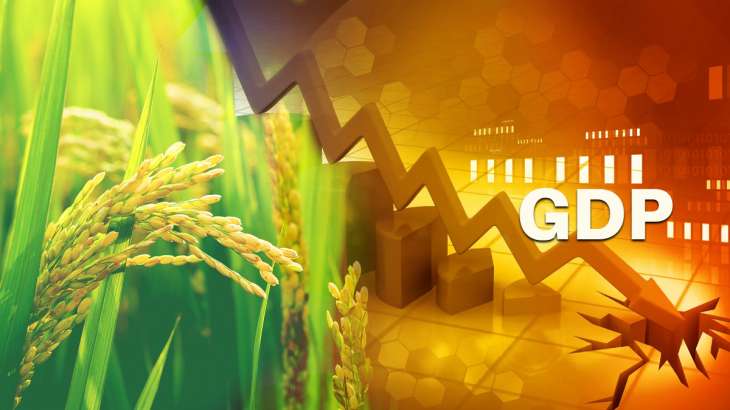Despite concerted efforts by the Special Investment Facilitation Council (SIFC) to bolster investment, Pakistan has seen a downturn in investment trends, with rates hitting a 50-year low.
According to the National Accounts Committee, investments during the last fiscal year represented only 13.1% of the GDP, underscoring the SIFC’s challenge in achieving desired investment levels without a stable economic and political foundation.
Government reports also indicated a per capita income of $1,674. Moreover, the investment-to-saving ratio did not meet the set targets, exacerbating issues within the external sector. The investment target was established at 15.1% but fell short at 13.1%, a low not observed since the fiscal year 1973-74.
The International Monetary Fund (IMF) has raised concerns about Pakistan’s investment targets. The IMF’s deliberations have included calls for increased tariffs on gas and electricity and a proposed general sales tax of up to 18% on petroleum products. In response, the Pakistani government is contemplating a carbon levy as an alternative to the general sales tax. A petroleum levy of 60 rupees per litre is already in effect, which may lead to further price increases.
Estimates indicate that the petroleum levy will generate 1,080 billion rupees in the upcoming fiscal year, potentially accumulating a total revenue of 2,295 billion rupees over the next two years. By next year, revenues from the petroleum levy could amount to approximately 1,215 billion rupees.
The IMF has stressed the need for new taxes, tariff hikes, and comprehensive reforms in the energy sector to align the next fiscal year’s budget with its stipulations. Nathan Porter, head of the IMF delegation, emphasized the importance of significant reforms in key areas, including public sector pensions and revenue generation.
An official highlighted that the IMF is pressing for reforms and policy measures to be ratified by Parliament due to the uncertain political environment. Once the federal budget is approved by Parliament and expected to be presented on June 7, a follow-up mission from the IMF might be deemed unnecessary, with online consultations likely sufficing to monitor progress.






